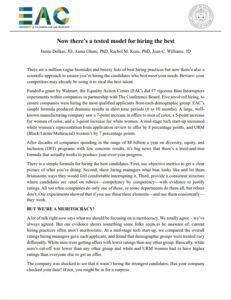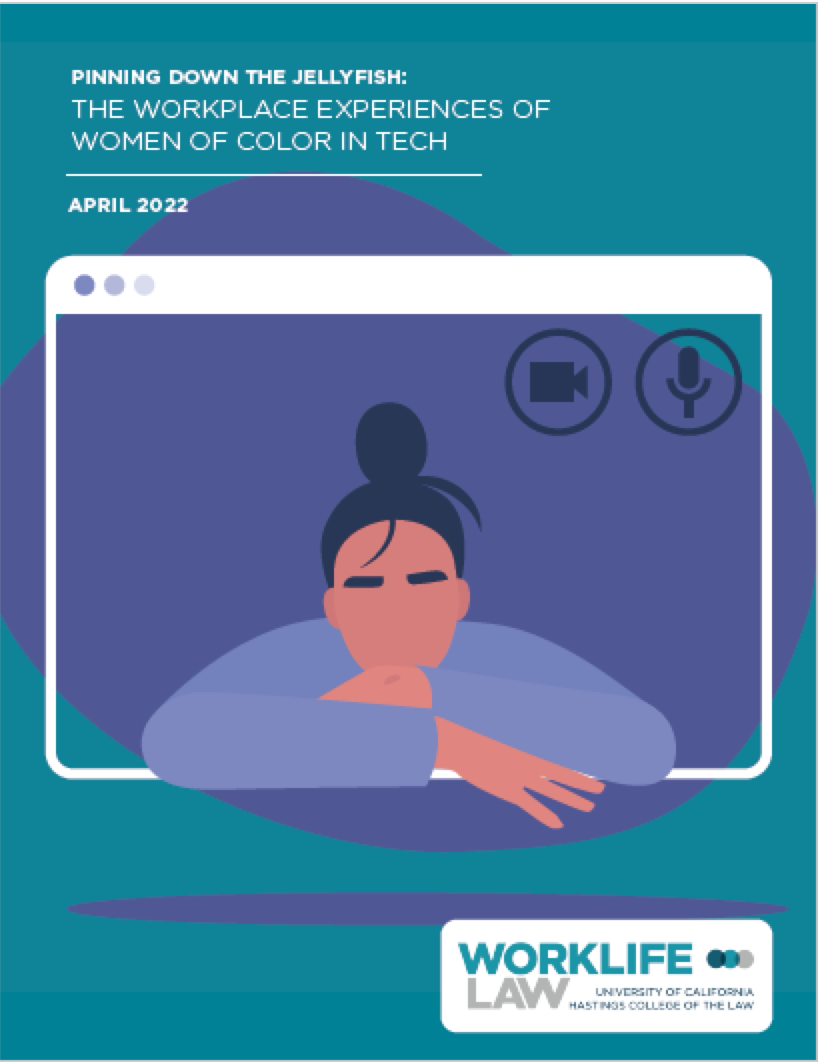

Document Type: Report
Issues: Hourly Workers
Tags: Work-Life Balance
Waiting to find out if you’re going to be called in to work any given day, having to rearrange your life to fit around your work schedule, and working a different number of hours every week are stressful realities of retail work today. Even worse, the stress caused by the unstable, unpredictable schedules can interfere with retail workers’ ability to get good sleep. Quality sleep is a cornerstone of health: it is essential for physical and mental well-being, cognitive skills, and even good parenting. In addition to the stress of unstable schedules that makes it difficult to maintain healthy sleep routines, retail workers may lose sleep over their finances. The common perception is that workers in retail are just students picking up beer money, so scheduling instability is not a problem. Our data on retail workers suggest that this is often untrue. This study shows that many retail workers are working to support themselves—and that scheduling instability means that many hourly retail workers lack necessities even as basic as food. We conducted a randomized experiment of a multi-component, store-level intervention designed to provide workers with more stable schedules. This report focuses on worker health and wellbeing—both the hardships facing workers before the intervention was implemented and improvements due to the intervention. This study was conducted at Gap Inc. The experiences reported by Gap workers are not unique and mirror those reported by retail workers in other studies. By examining multiple aspects of wellbeing, our findings further understanding of the challenges retail workers face as they strive to manage multiple responsibilities and earn an adequate living.





